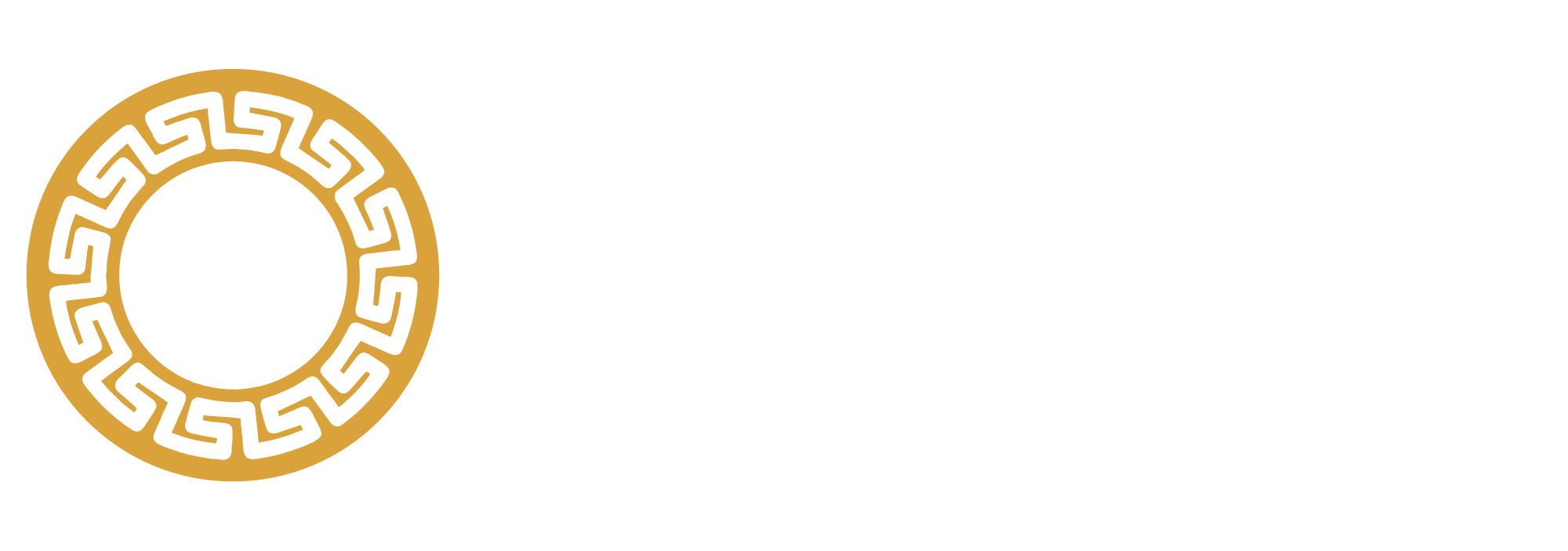tips
Elevating Your Home's Air Quality with Upgraded Filters
In today's world, ensuring good air quality in our homes is more crucial than ever. With increasing concerns about indoor pollutants and allergens, finding ways to boost air quality at home is essential. One effective solution is upgrading your air filters. But does changing air filter improve air quality? Absolutely! Let's explore how upgraded filters can make a significant difference and the types of filters available to suit your needs.
Understanding the Importance of Air Quality
Indoor air quality (IAQ) refers to the air purity within and around buildings and structures. Poor IAQ can lead to various health issues, such as allergies, asthma, and other respiratory conditions. Common indoor pollutants include dust, pet dander, mold spores, and volatile organic compounds (VOCs) from household products. Improving your home's air quality can significantly enhance your overall well-being.
The Role of Air Filters
Air filters trap particles and contaminants as air circulates through your HVAC system. Standard filters can capture larger particles like dust and debris, but upgraded filters go a step further by trapping smaller, more harmful particles, ensuring cleaner air.
Does Changing Air Filter Improve Air Quality?
Yes, changing and upgrading your air filters can significantly boost air quality. Here's how:
Does Changing Air Filter Improve Air Quality?
Yes, changing and upgrading your air filters can significantly boost air quality. Here's how:
- Enhanced Particle Removal: Upgraded filters, such as High-Efficiency Particulate Air (HEPA) filters, can capture up to 99.97% of particles as small as 0.3 microns. This includes common allergens like pollen, pet dander, and even some bacteria and viruses.
- Improved HVAC Efficiency: Clean filters reduce the strain on your HVAC system, allowing it to operate more efficiently. This not only extends the lifespan of your system but also ensures consistent air circulation and filtration.
- Reduced Allergens and Irritants: By capturing more particles, upgraded filters help reduce allergens and irritants in the air, leading to fewer allergy symptoms and respiratory issues.
- Better Odor Control: Certain upgraded filters, such as activated carbon filters, can also remove odors and VOCs, leaving your home smelling fresher and reducing the presence of harmful chemicals.
Types of Filters to Consider
When it comes to upgrading your filters, several options are available, each with its unique benefits:
- HEPA Filters: Known for their high efficiency, HEPA filters are excellent for homes with allergy sufferers. They capture a wide range of particles, including dust mites, pollen, and pet dander.
- Electrostatic Filters: These filters use an electrostatic charge to attract and trap particles. They are washable and reusable, making them a cost-effective option.
- Activated Carbon Filters: Ideal for homes with pets or strong odors, these filters contain carbon that absorbs and neutralizes odors and VOCs.
- Pleated Filters: With a larger surface area, pleated filters can capture more particles than standard flat filters. They are a good balance between efficiency and cost.
Maintenance Tips for Optimal Air Quality
To ensure your upgraded filters perform at their best, regular maintenance is key:
- Check Filters Monthly: Inspect your filters monthly and replace or clean them as needed. This prevents clogging and maintains airflow.
- Follow Manufacturer Guidelines: Adhere to the manufacturer's recommendations for filter replacement to ensure optimal performance.
- Keep Your Home Clean: Regularly vacuum and dust your home to reduce the amount of particles your filters need to capture.
- Schedule HVAC Maintenance: Professional maintenance of your HVAC system ensures it runs efficiently and effectively filters your air.
How Often Do You Need Upgraded Filters to Improve Air Quality?
The frequency of changing upgraded filters to improve air quality depends on several factors, including the type of filter, the level of pollutants in your home, and the manufacturer's recommendations. Here are some general guidelines:
HEPA Filters
HEPA Filters
- Recommended Replacement: Every 6 to 12 months
- Considerations: If you have pets, allergies, or live in an area with high pollution, you may need to replace them more frequently.
- Recommended Maintenance: Wash every 1 to 3 months
- Considerations: Ensure they are completely dry before reinstalling to prevent mold growth.
- Recommended Replacement: Every 3 to 6 months
- Considerations: These filters may need more frequent changes if you use strong-smelling household products or have pets.
- Recommended Replacement: Every 3 months
- Considerations: Homes with pets, smokers, or high dust levels may need to change them more frequently.
Conclusion
Upgrading your air filters is a simple yet powerful way to elevate your home's air quality. By choosing the right type of filter and maintaining it properly, you can enjoy cleaner, healthier air and a more comfortable living environment. Remember, changing air filter does improve air quality, and it's an investment in your health and well-being. Upgrade your home’s air quality with our top-tier filters. Contact Helios Air today for a personalized consultation on the best filters for your needs. Breathe easier with our expert advice and superior products.
